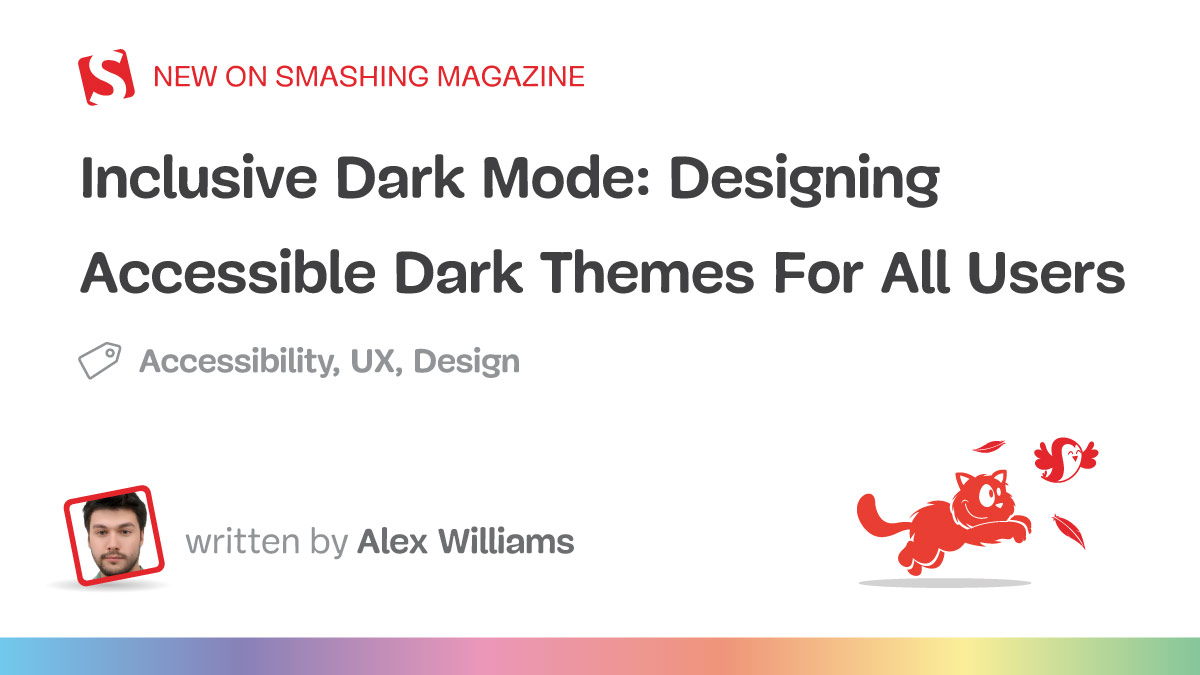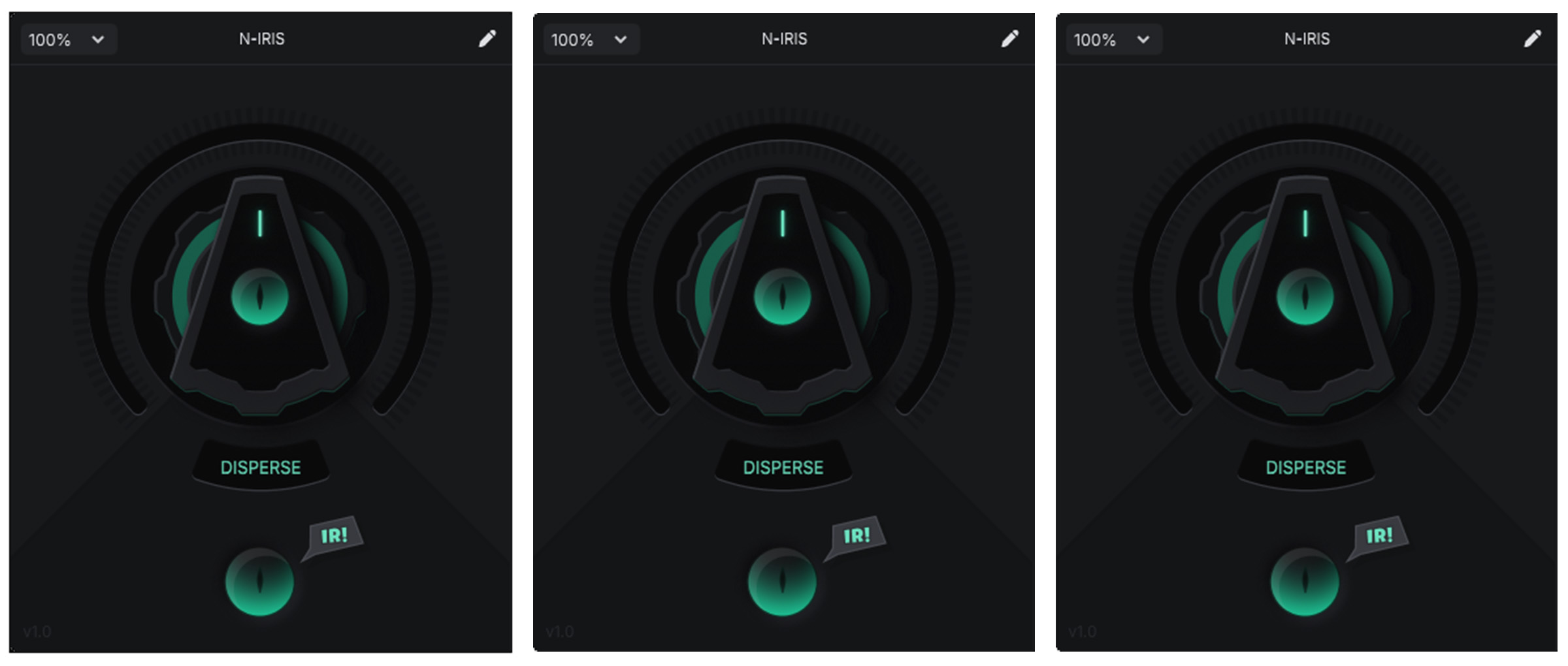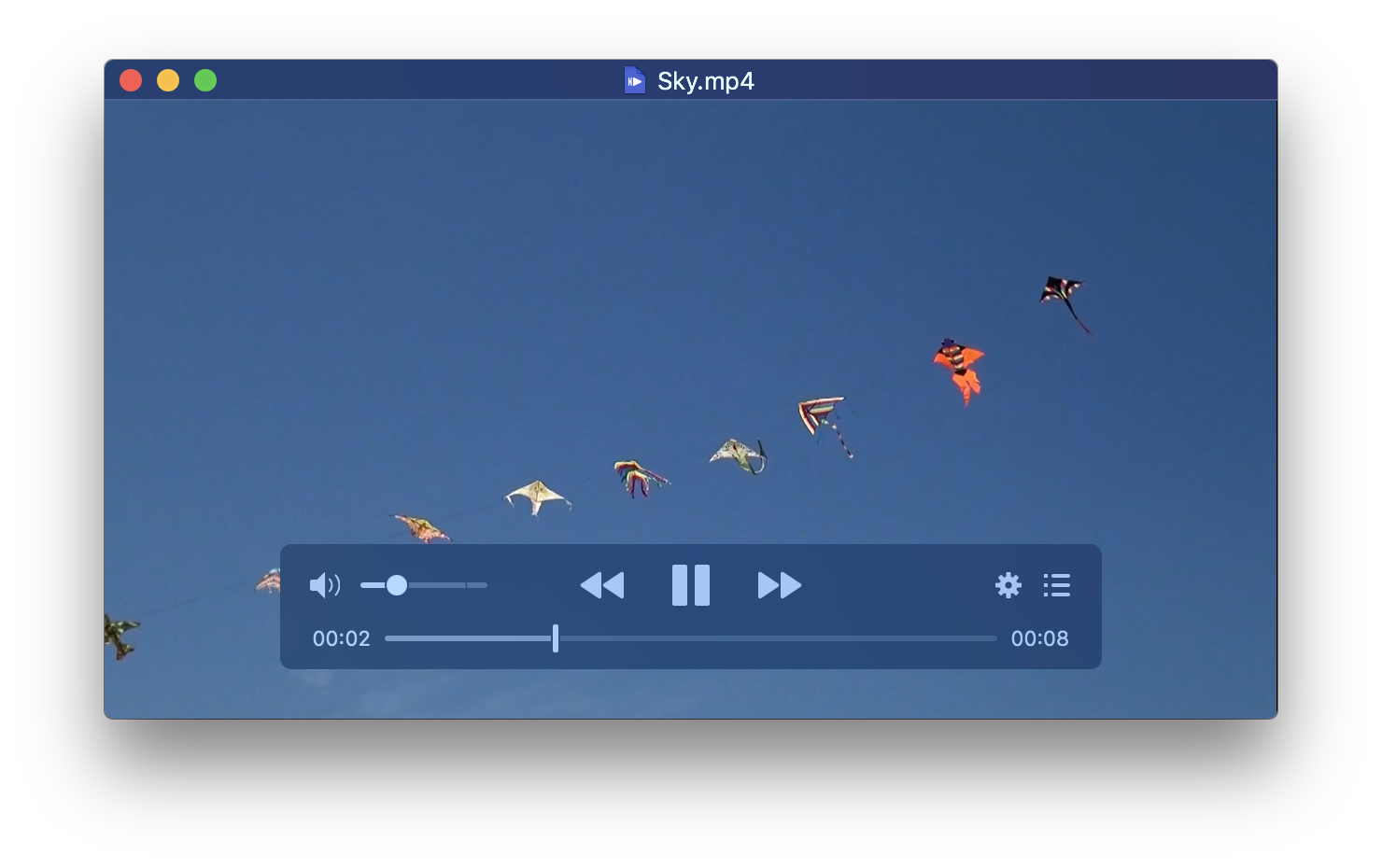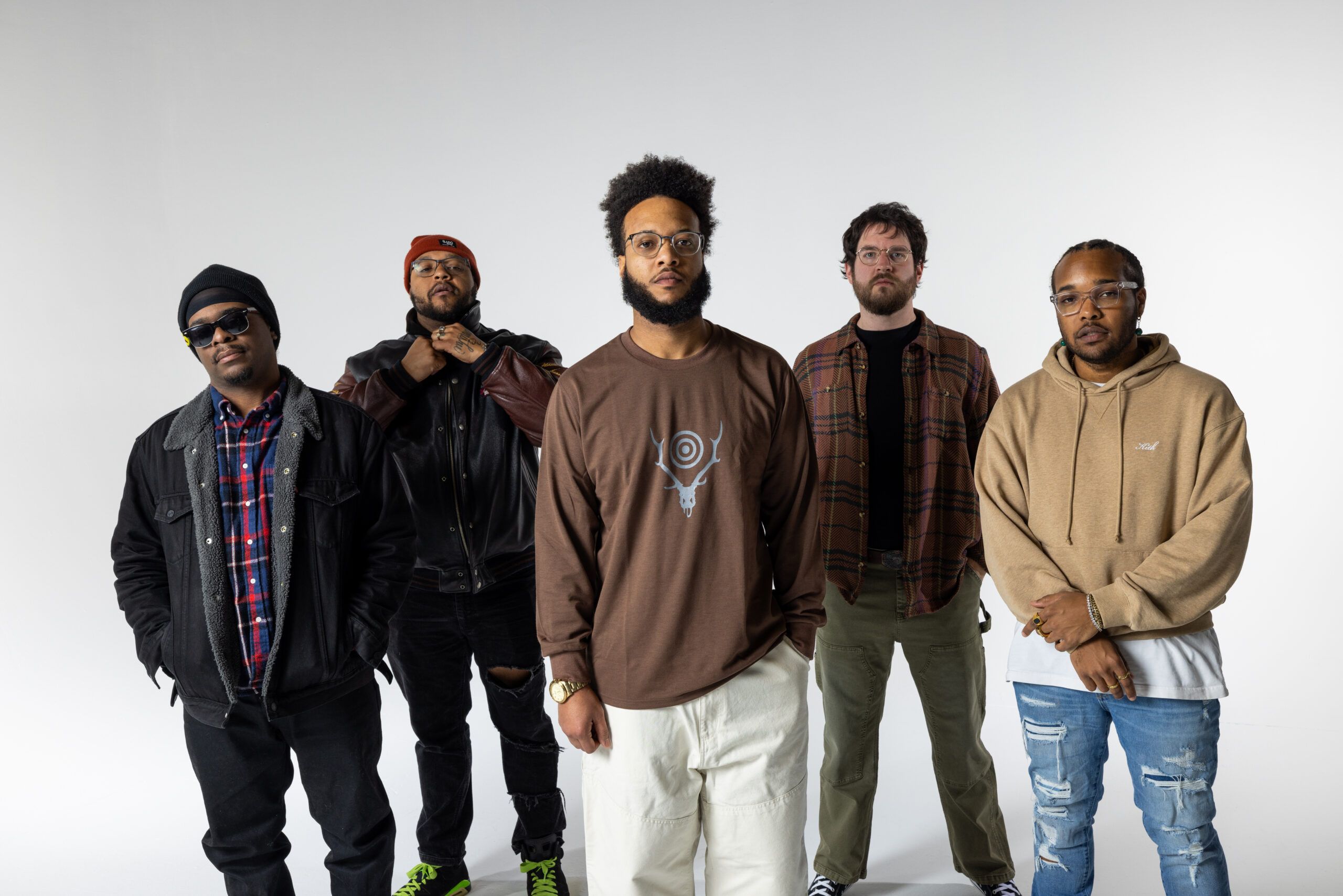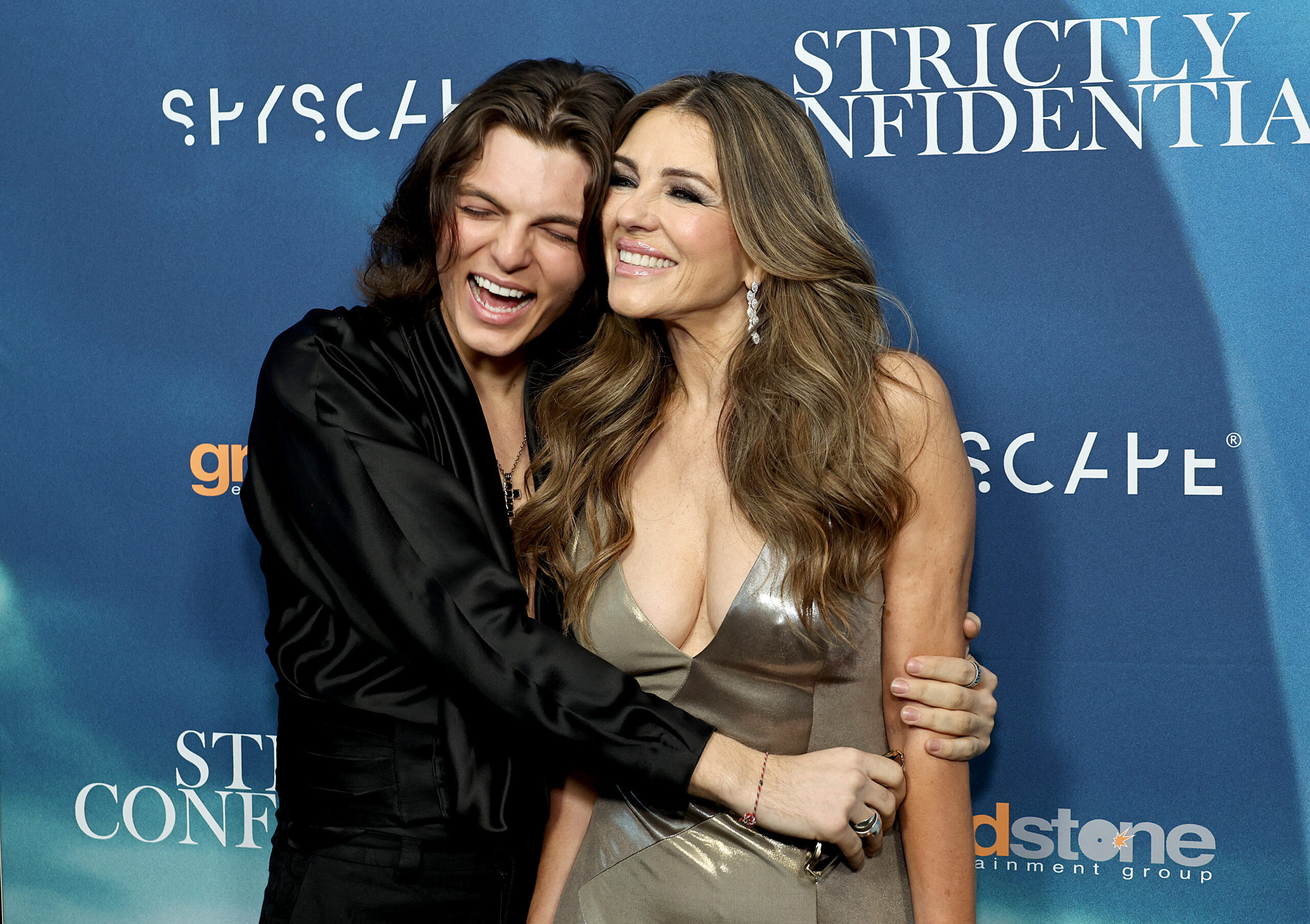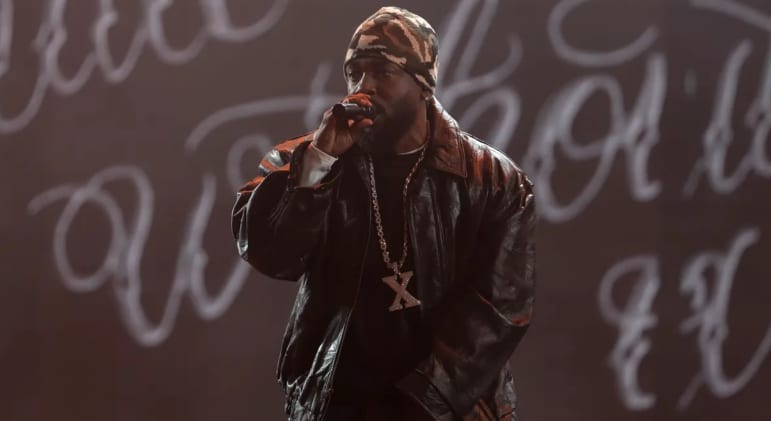Trump Can’t Say It Out Loud, but He Really Doesn’t Like the First Amendment
The president’s attacks on “60 Minutes,” cable news and the AP underscore the hypocrisy of “Free speech for me, but not for thee” The post Trump Can’t Say It Out Loud, but He Really Doesn’t Like the First Amendment appeared first on TheWrap.

Republicans have taken a number of stark positions during this second Trump administration. But their hostility to free speech can be traced directly to the party’s standard-bearer, Donald Trump.
Still, there’s one position they won’t — can’t, actually — publicly admit: Trump really, really doesn’t respect the First Amendment. This has forced his administration into strange contortions to sanction speech that upsets him, without directly saying why.
As is so often the case with Trump, he tells a bit of the truth about this, while leaving out the inconvenient parts. The president has never shied away from saying he tends to like people who say nice things about him — he likes people “who like me” — whether that’s celebrities or world leaders.
What he doesn’t say overtly is that he’d really like to silence anyone who doesn’t say nice things about him. The list of offenders ranges from cable news networks MSNBC and CNN to professors at elite academic institutions like Harvard University, hiding behind the frequent lament that what they’re doing and saying is “bad for our country,” when, in fact, it’s really just bad for Trump. Or more accurately, it just hurts his feelings.
Given that the GOP has spent a long time railing, with some justification, about constraints placed on free speech by the “woke left,” an impartial observer might conclude they would recognize the hypocrisy in trying to stifle voices that criticize Trump. But no, the adhesive of this second Trump presidency has been the decision to rectify a first-term oversight by surrounding himself with a team that, once made aware of what their boss wants, tries to retrofit policy positions that will mollify him, sorting out the legal ramifications (and there have been a lot of those) later.
The Trump team’s assault on the First Amendment has thus become a focal point of several recent controversies, including efforts to force press institutions to knuckle under to administration demands because Trump was displeased with their coverage.
Targets under that vast umbrella include “60 Minutes,” MSNBC, CNN, public broadcasting and the AP among journalistic organizations, along with a host of universities, with Harvard University taking the lead in identifying the pressure campaign as a form of thinly veiled extortion and standing up against its illegitimacy.
In hindsight, the Trump takeover of the Kennedy Center might have been the canary in the coal mine in terms of press freedoms, academia, artistic expression and cultural institutions all coming under fire, as conservatives seek to rectify a longstanding belief that they’re abused by liberal bias in the way such organizations conduct themselves.
Yet having spent years railing against “cancel culture” on the left, Republicans have exhibited few compunctions when it comes to putting the shoe on the other foot, using a series of rationales that, stripped to their core, boil down to “Payback’s a bitch.”

What’s most disturbing, if at times almost comical, are the lengths to which Trump operatives will go trying to concoct a stance that doesn’t transparently state, “We don’t like what you’re saying about our leader, so we’re going to punish you until you submit.”
Trump almost said exactly that during his speech at the Justice Department in March, insisting that CNN and MSNBC’s negative coverage of him is “illegal,” while fumbling to identify how.
“It has to stop,” he said, adding, after calling those news organizations “corrupt,” “It just cannot be legal. I don’t believe it’s legal.”
Why is it illegal? Trump has largely left the mechanics of that to officials like his hand-picked Federal Communications Commission chairman, Brendan Carr, who has turned out to be particularly pliable in that regard.
For the latest example, look no further than Carr’s tweet about Comcast angering the White House because MSNBC opted not to carry a press conference — laboring to find language that doesn’t sound like he’s lashing out at the company for its reporting, which would blatantly run afoul of that whole “freedom of the press” ideal.
“Why does Comcast ignore these facts of obvious public interest?” Carr tweeted in a shot across the bow, accusing the company of “news distortion” days after Trump publicly urged him to punish “60 Minutes” for a segment that triggered his wrath.
“Trump doesn’t like the coverage he gets, so [he] instructs his FCC head … to go after CBS,” Richard Hanania, president of the Center for the Study of Partisanship and Ideology, tweeted in response to Trump’s “60 Minutes” tirade, calling this “a free speech emergency.”
While the right has consistently both-sides-ed the issue by citing instances of Democratic administrations criticizing Fox News, Breitbart or (at the more extreme end of the spectrum) Alex Jones, the extent and nature of Trump’s campaign against free speech has little modern precedent.
There’s an old joke about how Republicans insist the Second Amendment and right to bear arms are absolute, but the First, not so much.
In a CNN interview with Jake Tapper last week, George Clooney deftly summed up the bargain inherent in the First Amendment, saying of criticism he received for last summer’s op-ed piece about Joe Biden, “The idea of Freedom of Speech — the specific idea of it — is you can’t demand Freedom of Speech and then say, ‘But don’t say bad things about me.’ That’s the deal.”
Trump doesn’t appear to get that, which explains his fondness for sycophantic Fox News personalities who will defend him at all costs; still, the kicker is Trump and his minions, in both the cabinet and the media, have to fumble around for official-sounding excuses — like Comcast ignoring “facts of obvious public interest” — instead of coming out and saying what they truly mean: “The First Amendment? We only like it when you say things of which we approve.”
Granted, they would hardly be the first people to engage in “Free speech for me, but not for thee” hypocrisy, a tactic with a long if not especially proud history. But if you really want to achieve the authoritarian aim of preventing critics from badmouthing you, at some point, just cut the B.S. and say so.
The post Trump Can’t Say It Out Loud, but He Really Doesn’t Like the First Amendment appeared first on TheWrap.



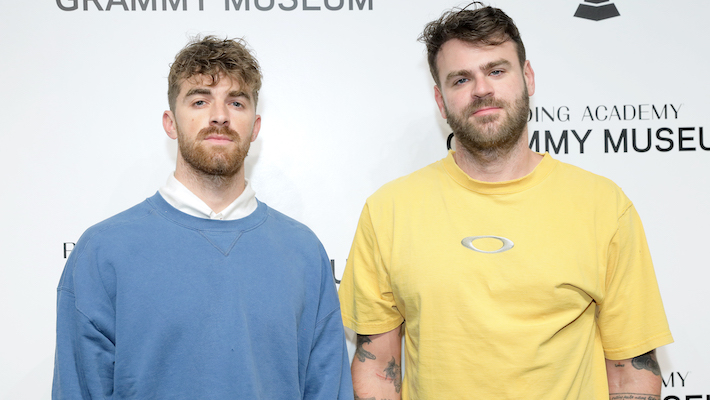



![‘Ready or Not 2’ Cast Announce Includes Sarah Michelle Gellar and David Cronenberg! [Video]](https://bloody-disgusting.com/wp-content/uploads/2019/07/ready-or-not-movie-1024x591.png)




















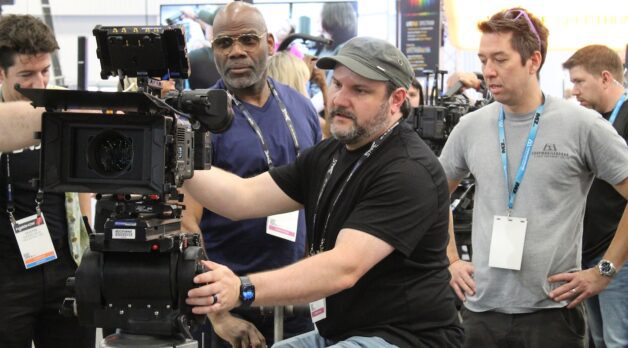









.png?format=1500w#)


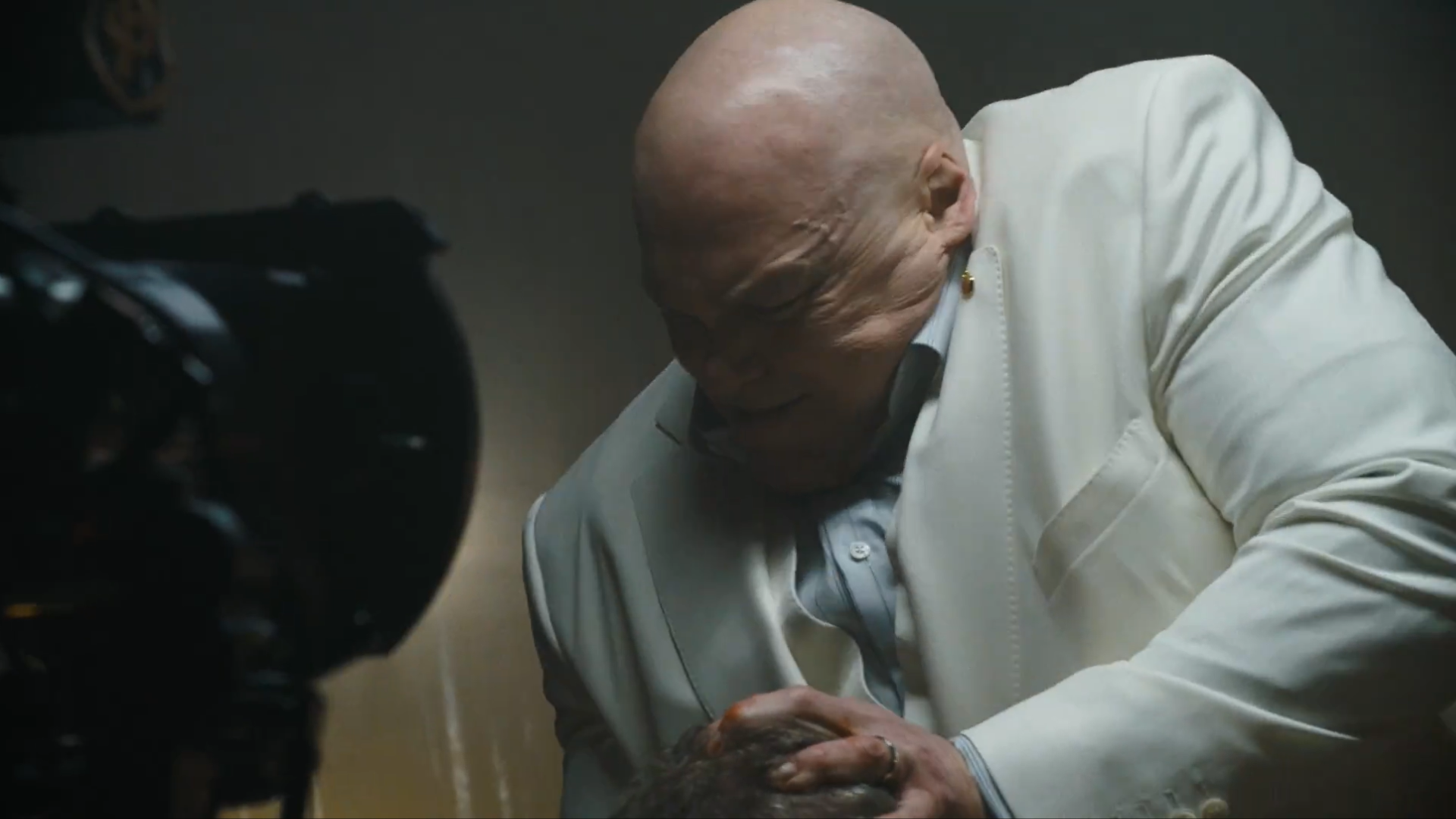.png?format=1500w#)










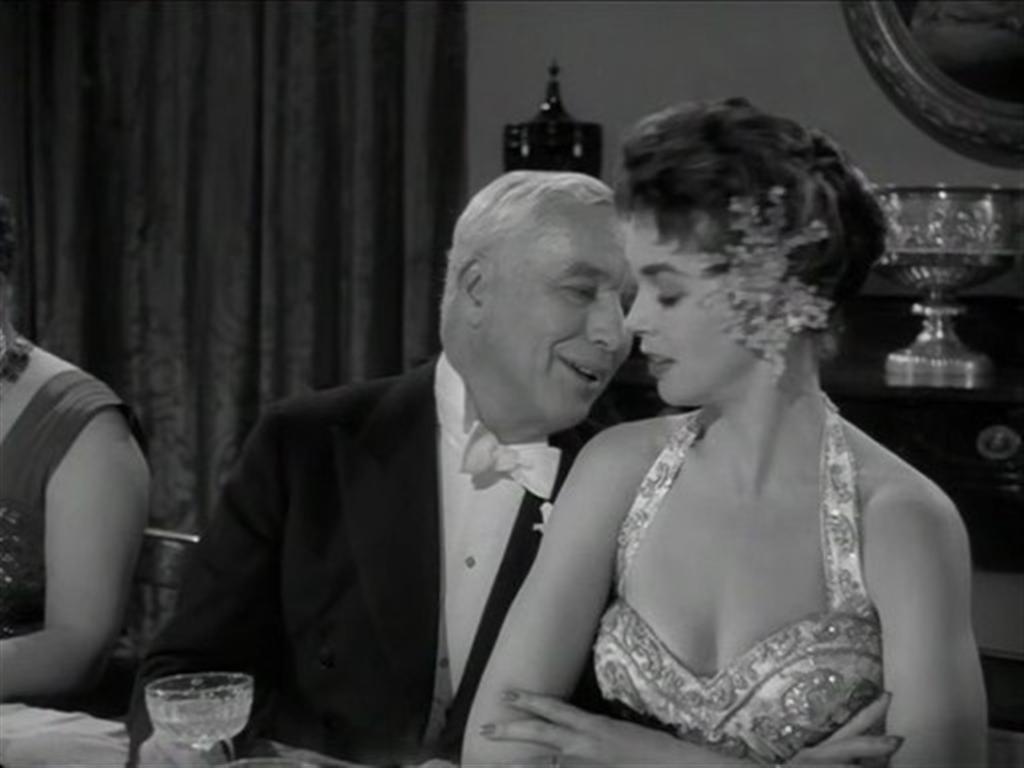







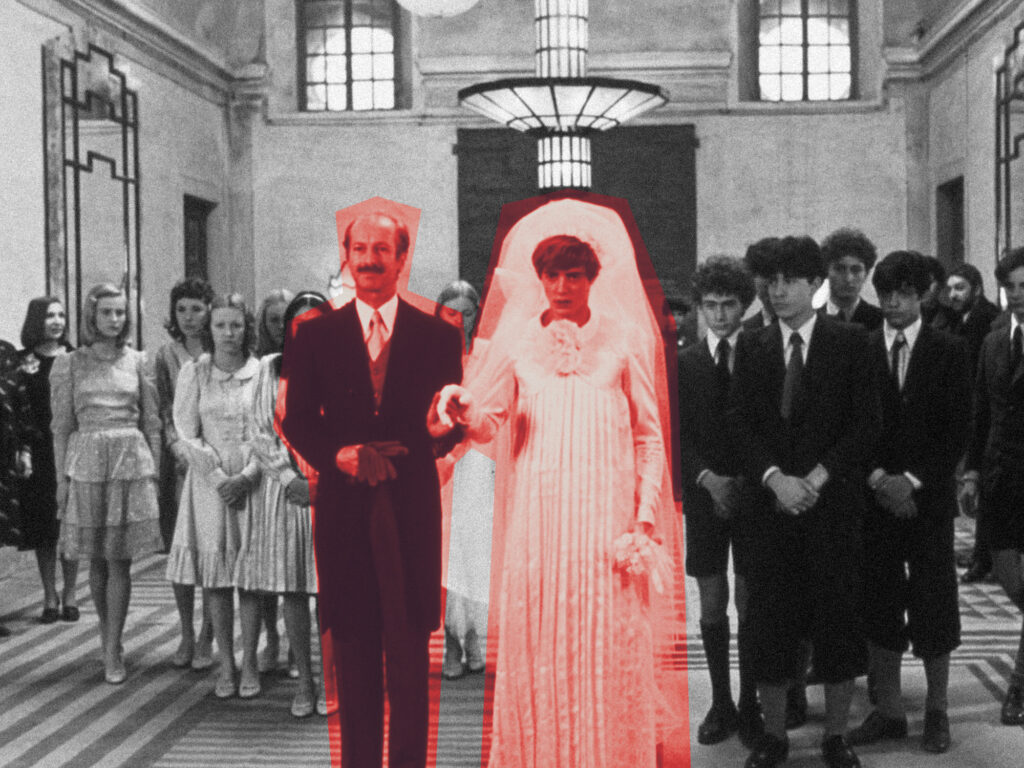

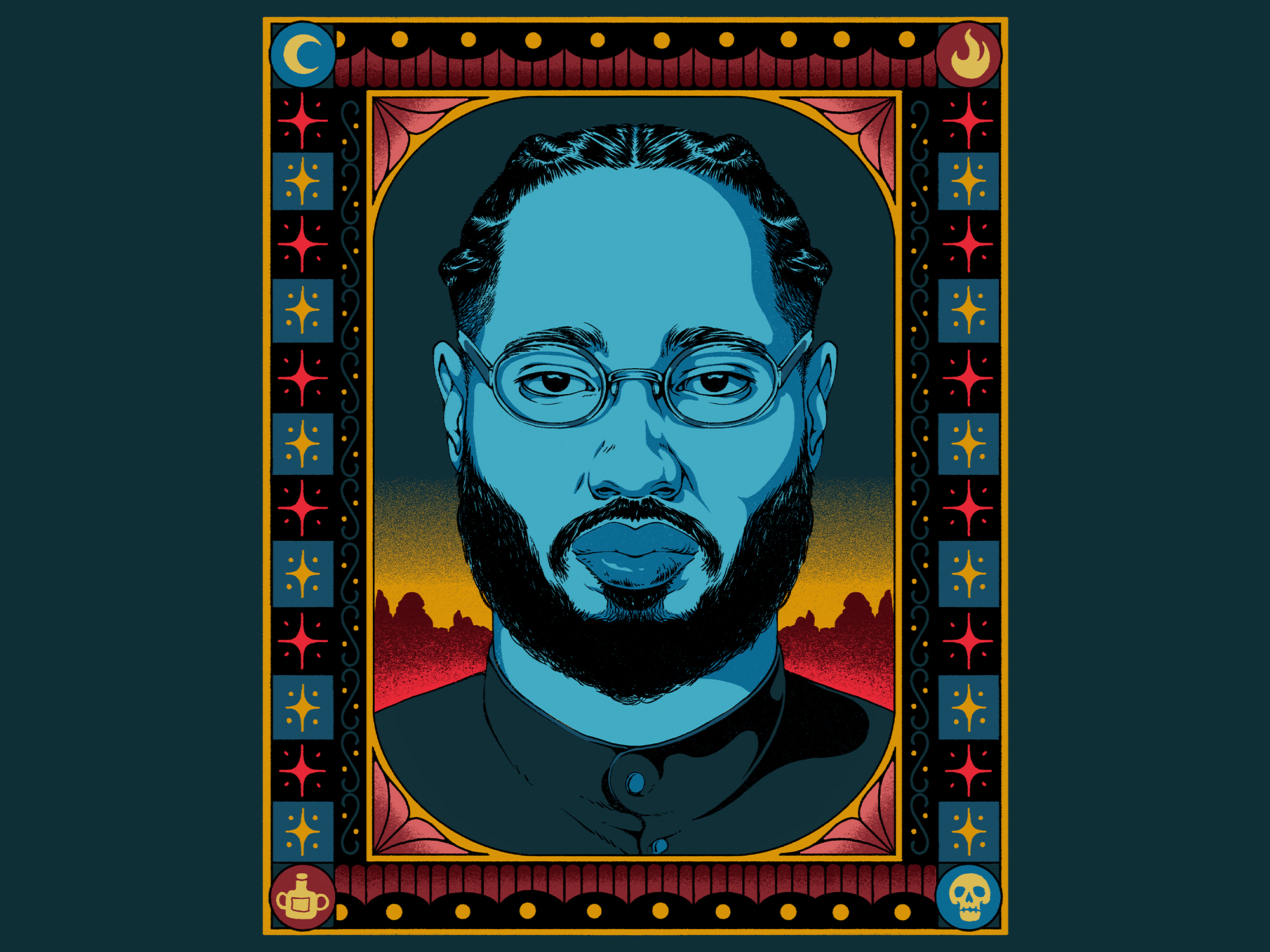



















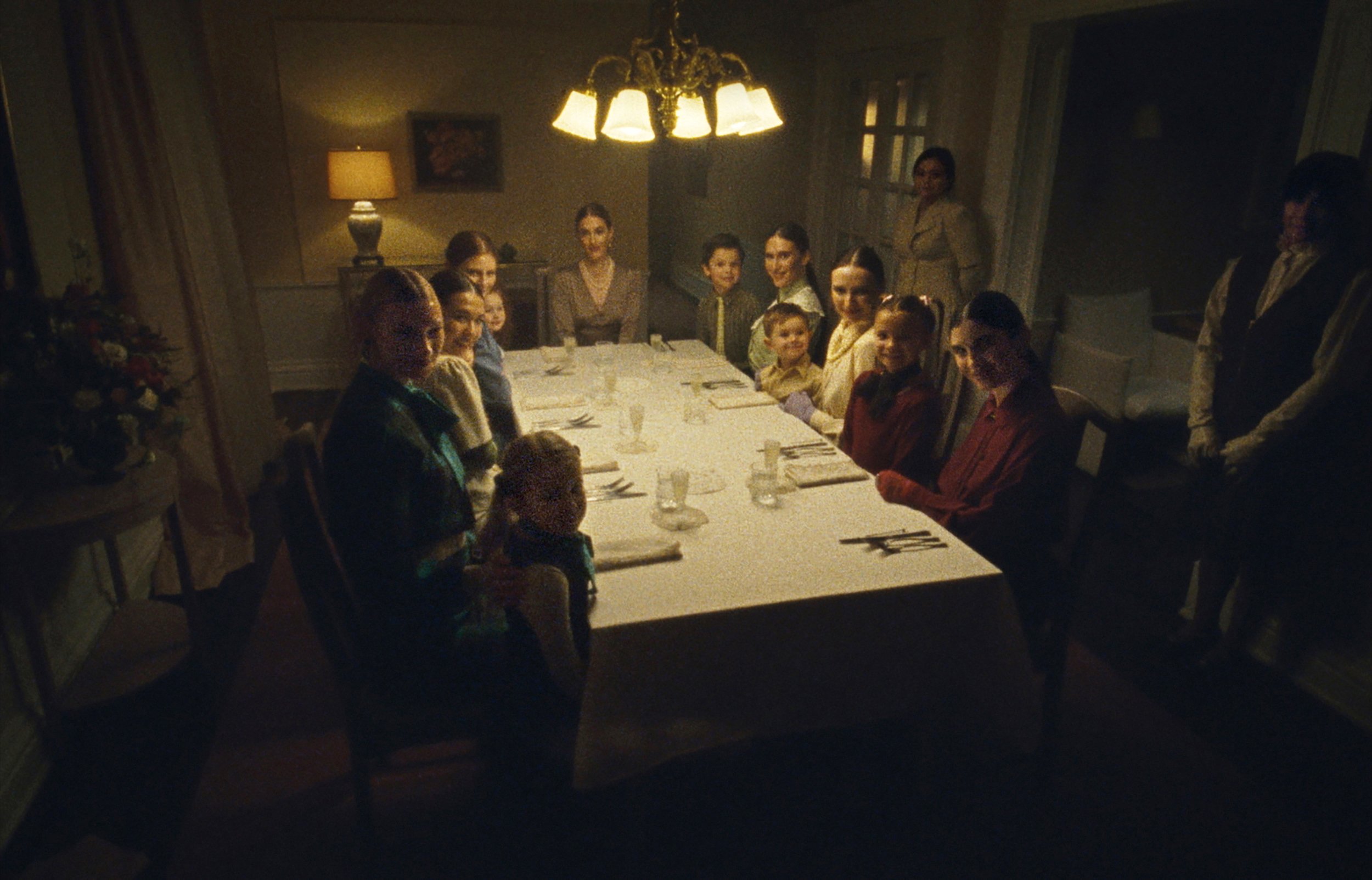














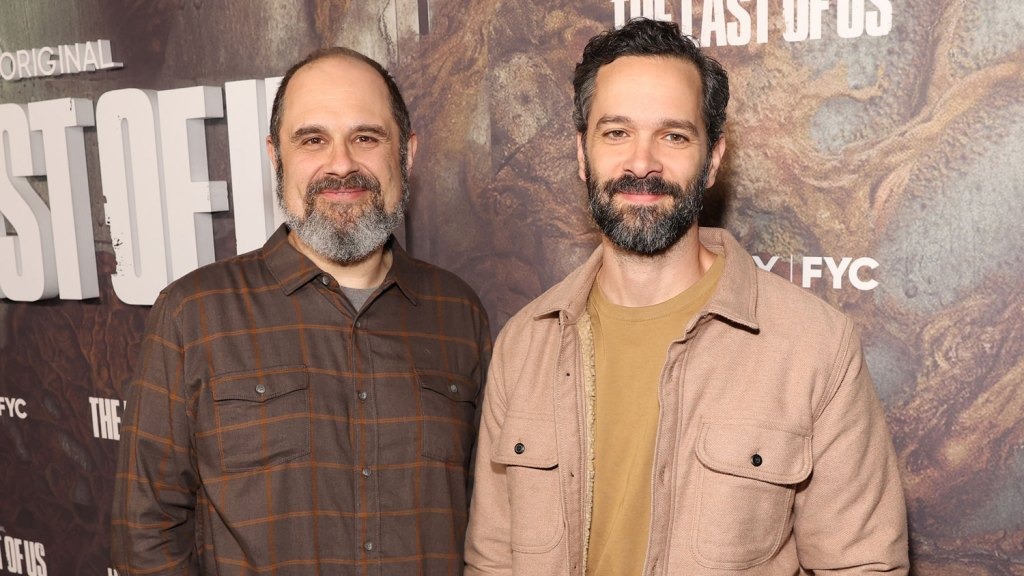





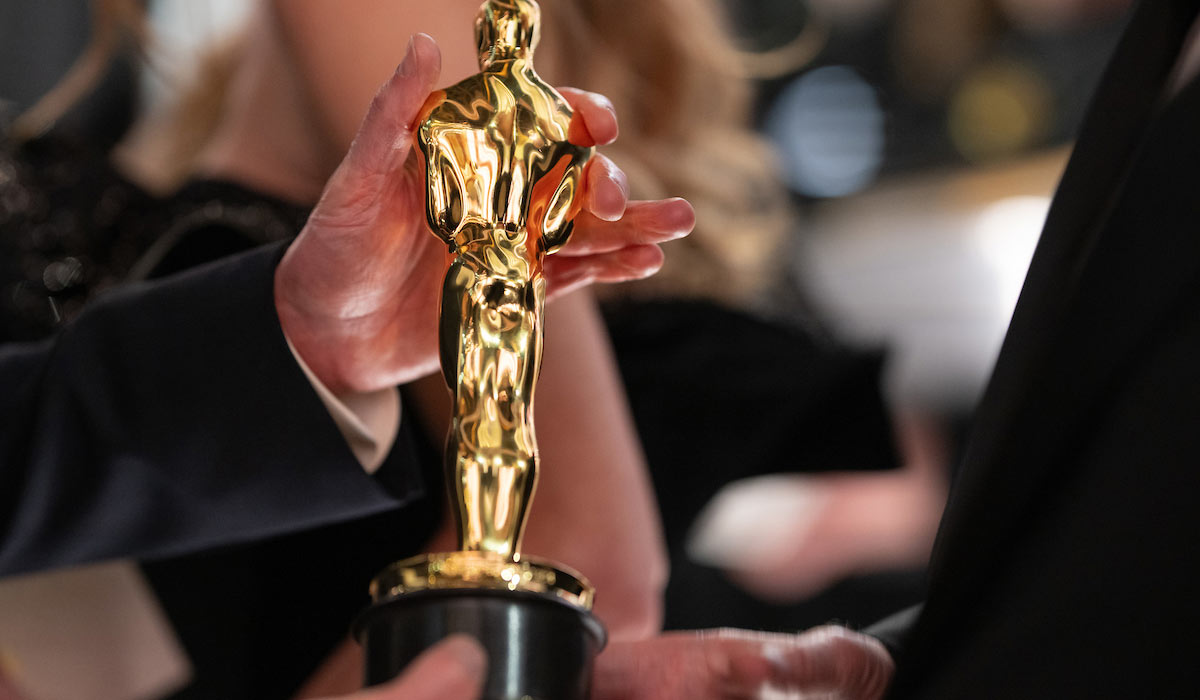



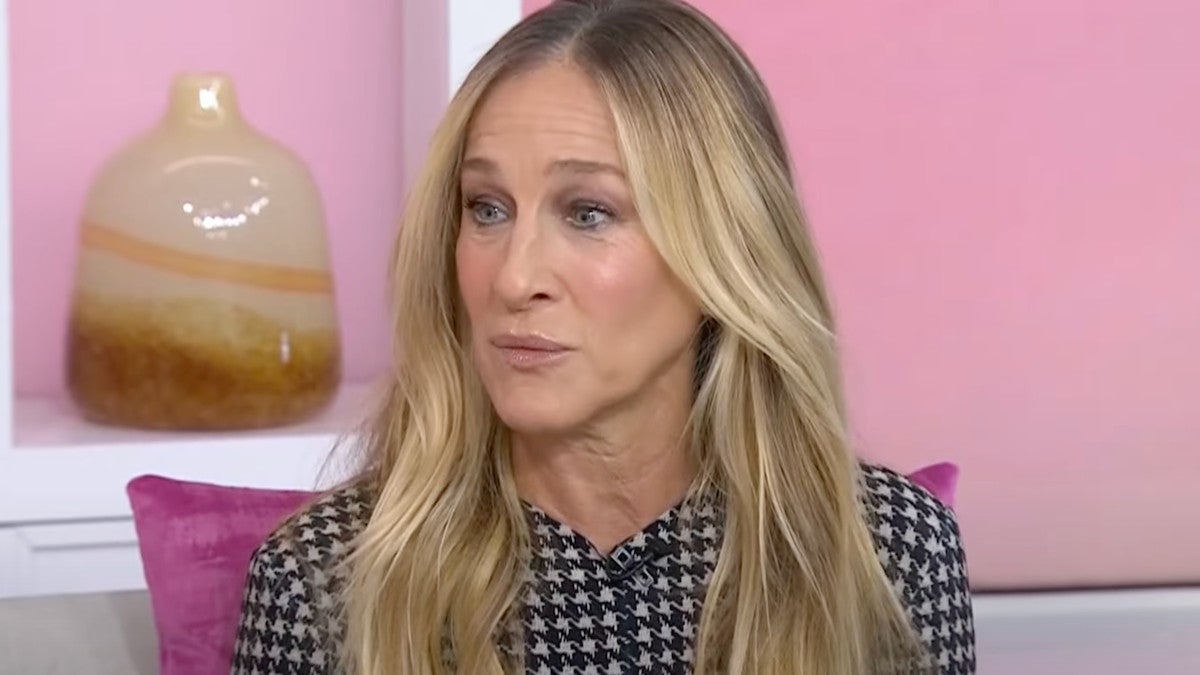













































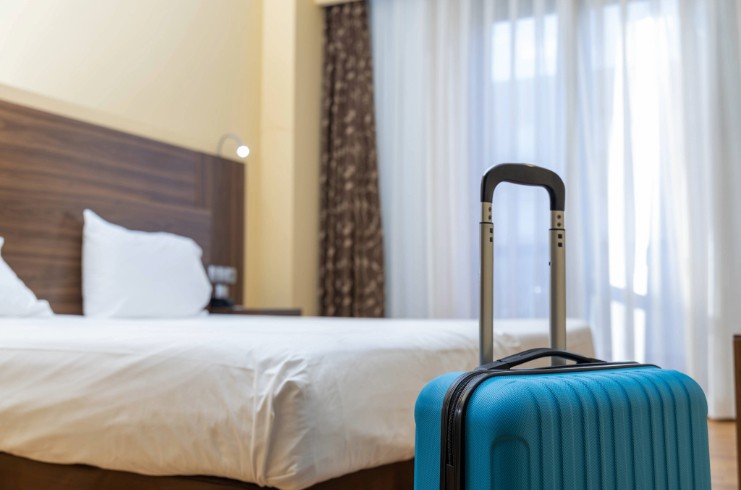
































































![Mouse Invades United Club at LaGuardia on the Eve of $1,400 Fee Hike [Roundup]](https://viewfromthewing.com/wp-content/uploads/2025/04/united-club-lga.jpg?#)
![Caught on Video: “He Busted Through!” Frontier Airlines Passenger Storms Closed Las Vegas Gate [Roundup]](https://viewfromthewing.com/wp-content/uploads/2025/04/Screenshot-2025-04-20-140707.png?#)
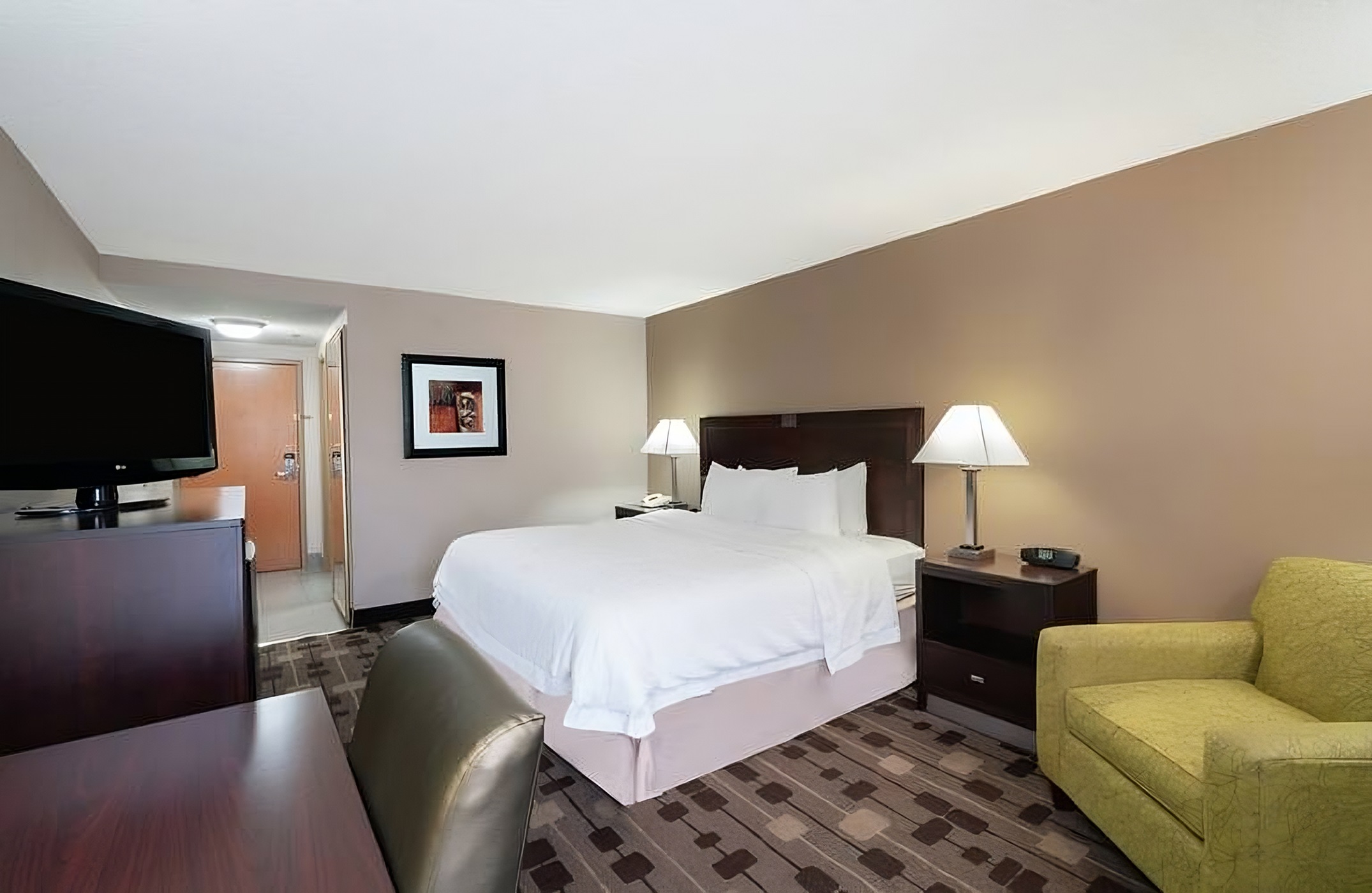
![It’s Unfair to Pay 100% for 50% of a Seat—Why Airlines Must Start Refunding Customers When They Fail To Deliver [Roundup]](https://viewfromthewing.com/wp-content/uploads/2025/04/broken-american-airlines-seat.jpeg?#)































.jpg?#)
.jpg?#)
















































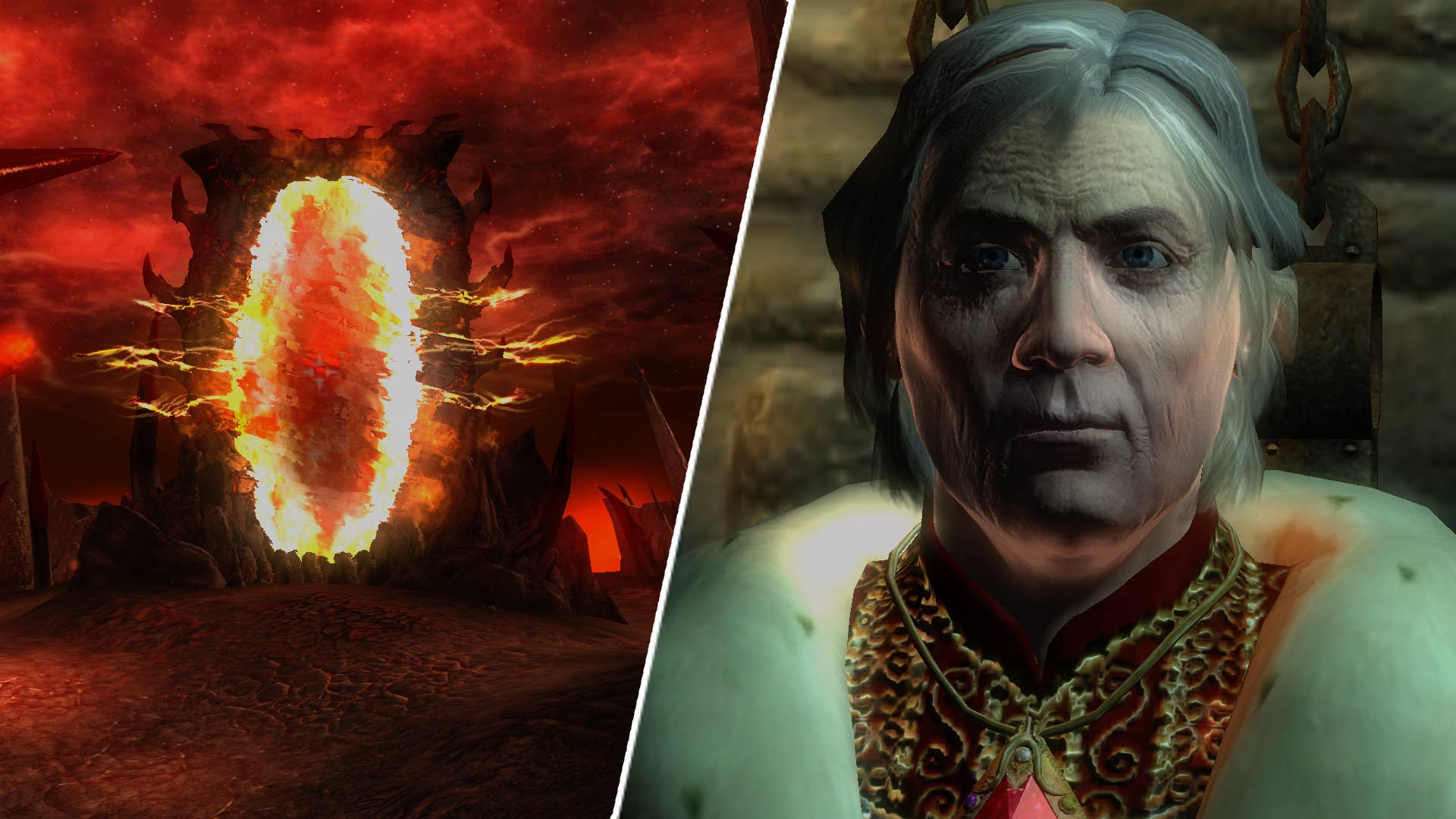














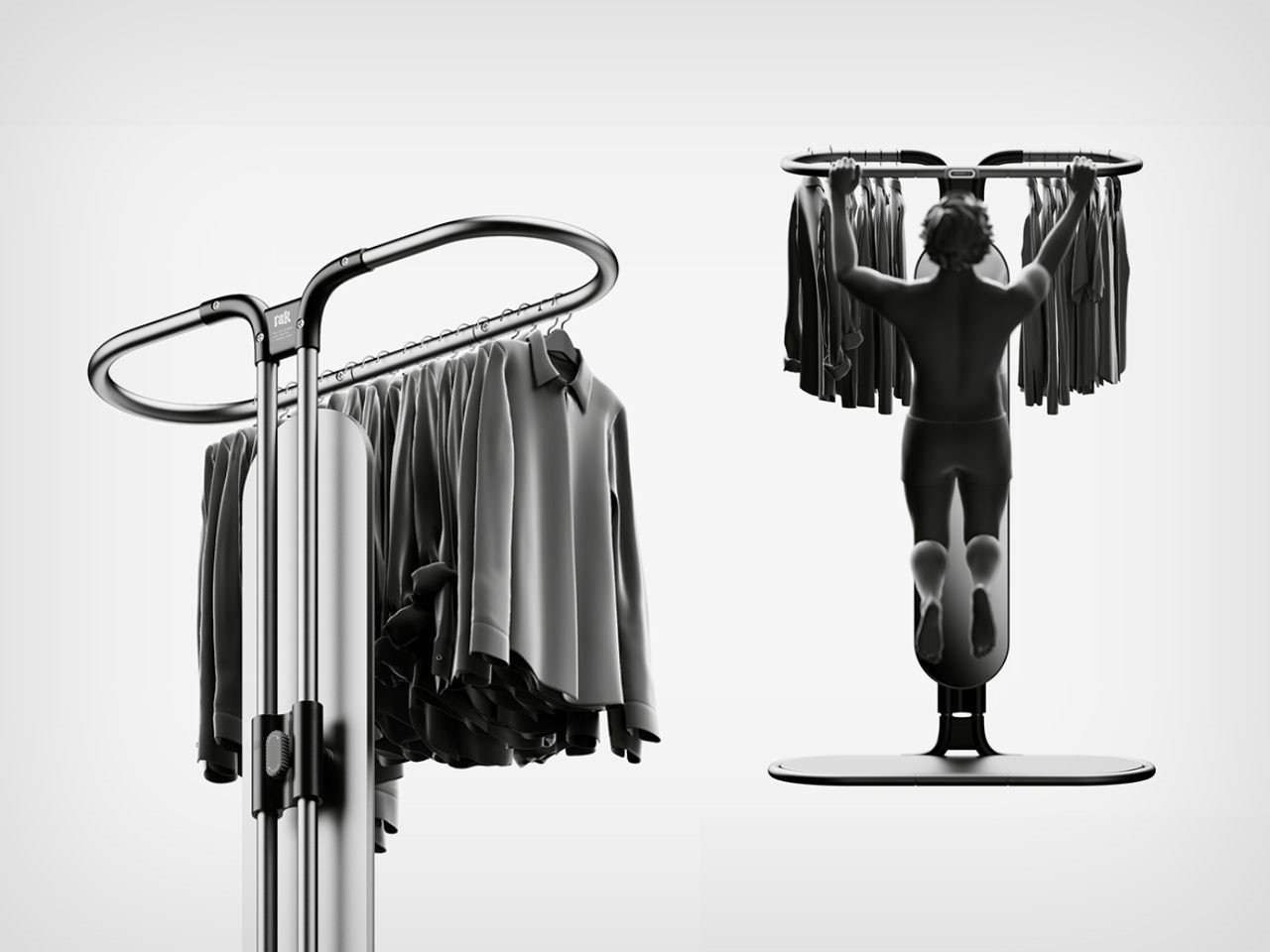
















































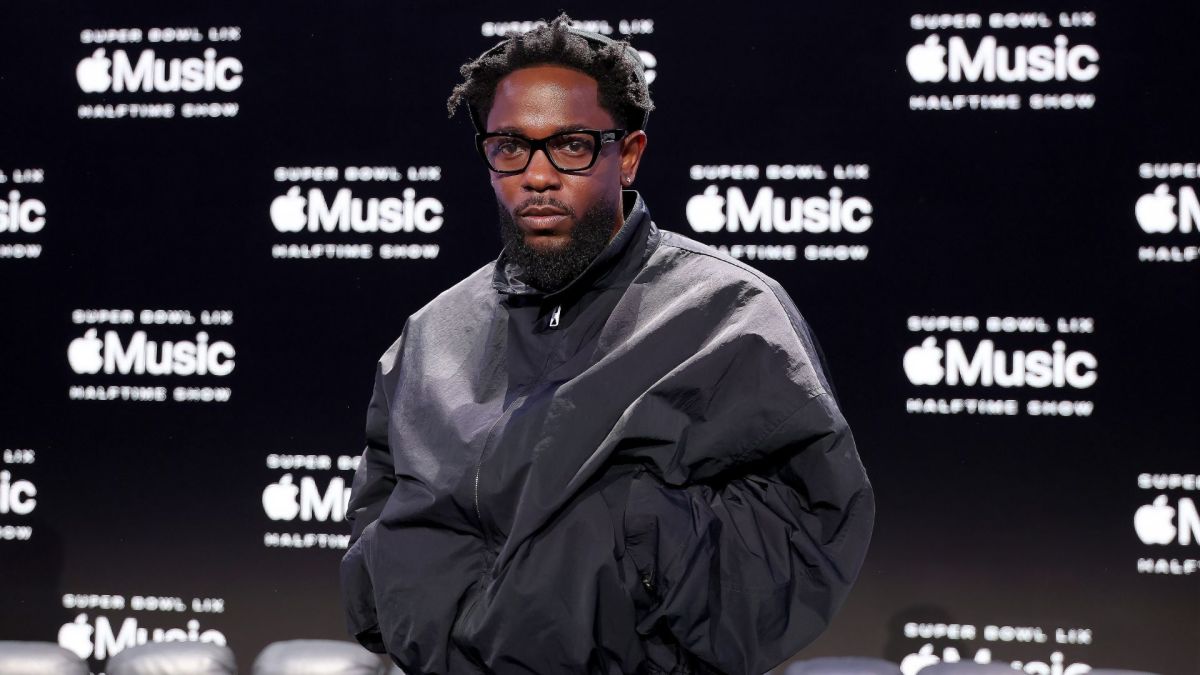
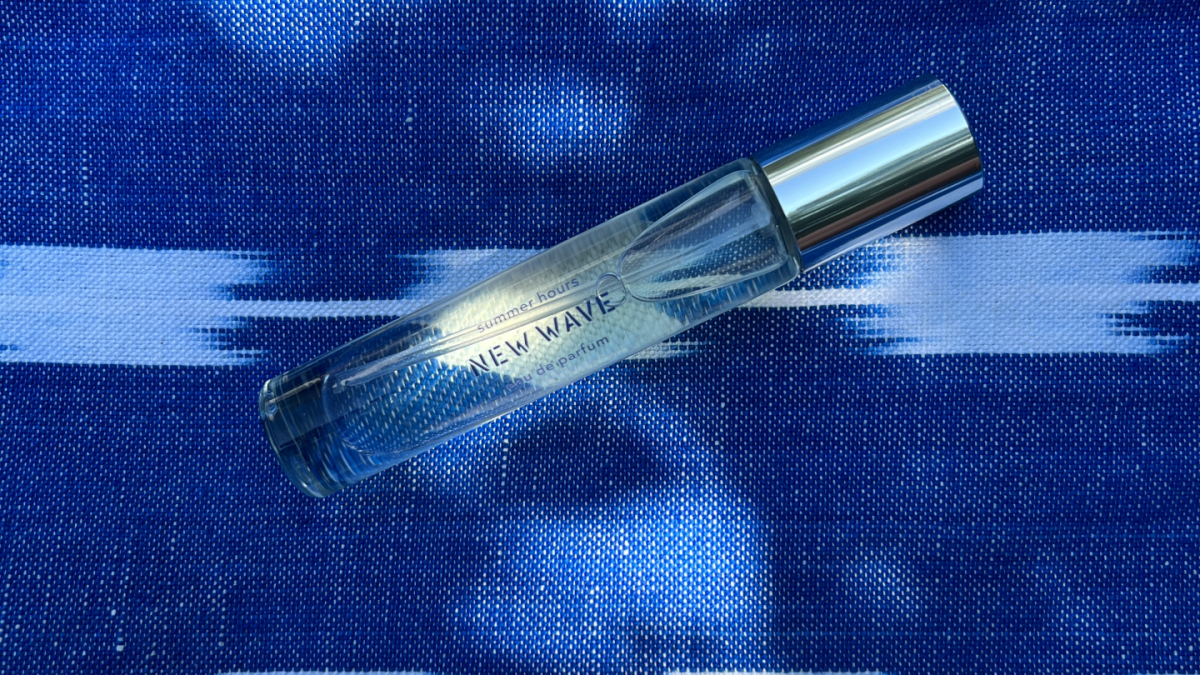



















![[Podcast] Unlocking Innovation: How Play & Creativity Drive Success with Melissa Dinwiddie](https://justcreative.com/wp-content/uploads/2025/04/melissa-dinwiddie-youtube.png)

























